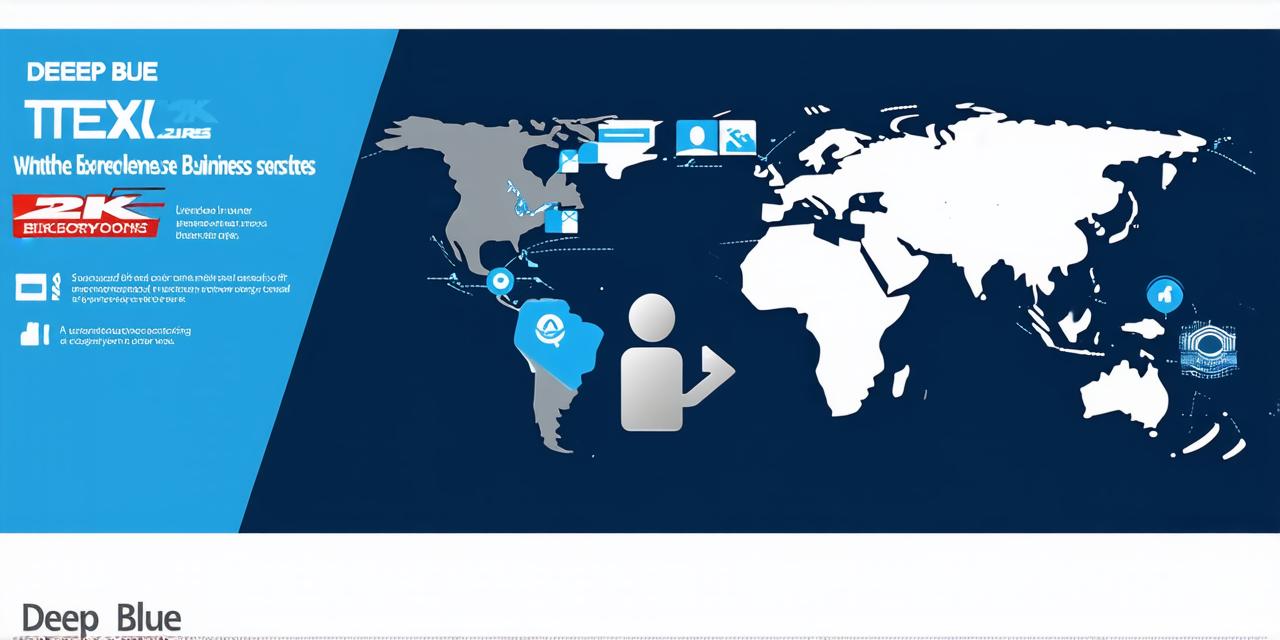What is Outsourcing?
Outsourcing is the practice of hiring an external vendor or contractor to perform a task or service that is not core to the company’s business. This can include everything from accounting and bookkeeping services to marketing and advertising campaigns, customer service operations, and even software development. The primary goal of outsourcing is to free up internal resources and focus on core competencies while also reducing costs and improving efficiency.

Benefits of Outsourcing
There are several key benefits that companies can achieve through outsourcing:
- Cost savings: By outsourcing certain tasks or services, companies can reduce their overhead costs and lower their overall expenses.
- Improved efficiency: Outsourcing non-core activities allows companies to focus on their core competencies, which can lead to increased productivity and better use of resources.
- Access to specialized skills: When it comes to certain tasks or services, such as software development or marketing campaigns, companies may not have the necessary expertise in-house. By outsourcing these activities, they can gain access to specialized skills and knowledge that can help them achieve their goals more efficiently.
- Flexibility: Outsourcing allows companies to scale up or down depending on their needs, which can be especially helpful during periods of rapid growth or change. This flexibility can also make it easier for companies to respond to changing market conditions or customer demands.
- Reduced risk: By outsourcing certain tasks or services, companies can reduce their exposure to risk and uncertainty. For example, by hiring an external vendor to handle accounting and bookkeeping services, a company can be confident that its financial records are accurate and up-to-date.
How to Effectively Manage Outsourcing
While outsourcing can bring many benefits to a business, it’s not without its challenges. To effectively manage this process, companies should consider the following best practices:
- Clearly define expectations: Before outsourcing any task or service, it’s important to establish clear expectations with the external vendor. This should include defining deliverables, timelines, and quality standards. By setting these expectations from the outset, companies can ensure that both parties are on the same page and working towards the same goals.
- Establish effective communication channels: Communication is key when it comes to outsourcing. Companies should establish clear communication channels with their external vendors, including regular check-ins, progress reports, and feedback mechanisms. This can help ensure that tasks are completed on time and to the company’s satisfaction.
- Monitor performance: Regular monitoring of the vendor’s performance is essential to ensure that they are meeting the agreed-upon standards. Companies should establish metrics to measure performance and track progress regularly. If issues arise, it’s important to address them promptly to avoid delays or cost overruns.
- Build relationships: Building strong relationships with external vendors is crucial for the success of outsourcing projects. This includes establishing trust, being transparent about expectations and goals, and providing regular feedback. Companies should also be open to building long-term relationships with their vendors and consider them as part of their extended team.
- Be prepared for cultural differences: When working with external vendors from different cultures, it’s important to be prepared for potential cultural differences. This can include language barriers, communication styles, and work ethics. Companies should be open to adapting to these differences and being willing to communicate effectively to ensure the success of the project.
Real-Life Examples of Outsourcing
Here are some real-life examples of how outsourcing has helped companies achieve their goals:
- A software development company that outsourced its customer service operations to a vendor in India was able to reduce its overhead costs by 25% and improve its response times to customers by 30%. By outsourcing these non-core tasks, the company was able to focus on its core competencies and continue to grow its business.
- A marketing agency that outsourced its accounting and bookkeeping services to an external vendor was able to save time and reduce errors, allowing it to focus on its core competencies and grow its business. By outsourcing these tasks, the company was able to free up internal resources and improve its financial management.
- A small business that outsourced its website development to a freelancer was able to get a professional-looking website up and running quickly and at a fraction of the cost of hiring an internal team. By outsourcing this task, the company was able to gain access to specialized skills and knowledge while keeping costs low.
- A large corporation that outsourced its IT infrastructure management to a vendor in China was able to improve its uptime and reduce its downtime, which resulted in significant cost savings and improved customer satisfaction. By outsourcing these tasks, the company was able to leverage the expertise of external vendors and focus on its core competencies.
Summary
In conclusion, outsourcing is a powerful tool that can help businesses achieve their goals and stay competitive in today’s fast-paced business environment. By defining expectations, establishing effective communication channels, monitoring performance, building relationships, and being prepared for cultural differences, companies can effectively manage this process and achieve cost savings, improved efficiency, access to specialized skills, flexibility, and reduced risk. As we have seen from real-life examples, outsourcing has helped companies of all sizes and industries achieve their goals and stay ahead of the competition.
